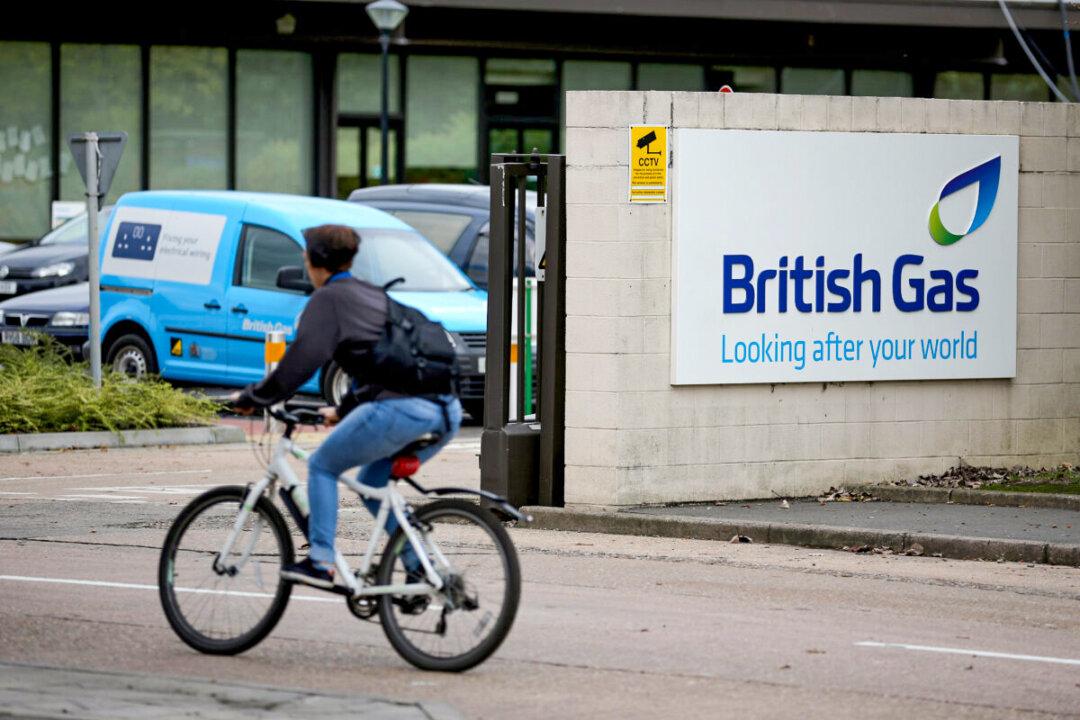British Gas reported a record profit of £969 million for the first half of this year, the energy provider’s owner Centrica said on Thursday.
It’s almost 889 percent more than the profit reported for the same period last year (£98 million).

British Gas reported a record profit of £969 million for the first half of this year, the energy provider’s owner Centrica said on Thursday.
It’s almost 889 percent more than the profit reported for the same period last year (£98 million).